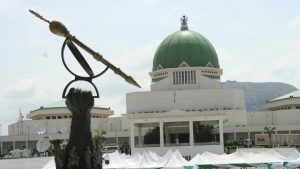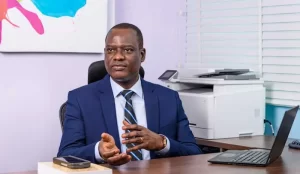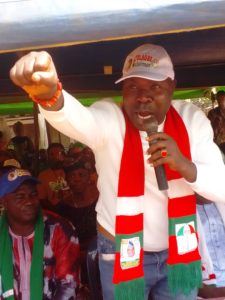
Nigeria’s telecommunications and ICT firms owed deposit money banks a total of N1.69 trillion as of September 2024, even as telecom operators push for increased tariffs on voice calls and data services.
This was revealed in the Central Bank of Nigeria’s (CBN) quarterly statistical bulletin, which noted a year-on-year decrease of N68.04 billion (3.9%) compared to the N1.77 trillion owed in September 2023.
The decline reflects the impact of the CBN’s consistent interest rate hikes, which have tightened monetary policies and discouraged borrowing in the sector. However, on a month-to-month basis, the debt rose by N31.61 billion (1.9%) from N1.66 trillion recorded in August 2024.
The persistent reduction in credit access for the ICT sector in 2024 is largely attributed to the apex bank’s stringent monetary policies, which have significantly increased borrowing costs.
Throughout 2024, the CBN raised interest rates multiple times to combat inflation, with the Monetary Policy Rate (MPR) peaking at a record high. Under the leadership of Governor Yemi Cardoso, who assumed office in September 2023, the CBN implemented six rate hikes, increasing the MPR from 18.75% in February 2023 to 27.50% by November 2024.
These hikes have restricted borrowing capacity across sectors, including ICT, which continues to play a vital role in Nigeria’s GDP growth. Despite the challenges, the ICT sector contributed 16.35% to Nigeria’s real GDP in Q3 2024, though this was a decline from the 19.78% recorded in the previous quarter, according to the National Bureau of Statistics.
Meanwhile, in a related development, the Nigerian government has approved tariff adjustments for telecom operators, enabling them to raise the cost of calls and data services.




![[PHOTOS] OSU NHQ Pays Courtesy Visit to Offa LG Chairman, Alhaji Sulaiman Olatunji](https://newsbulletin.com.ng/wp-content/uploads/2025/01/1737487951406-300x300.jpg)



